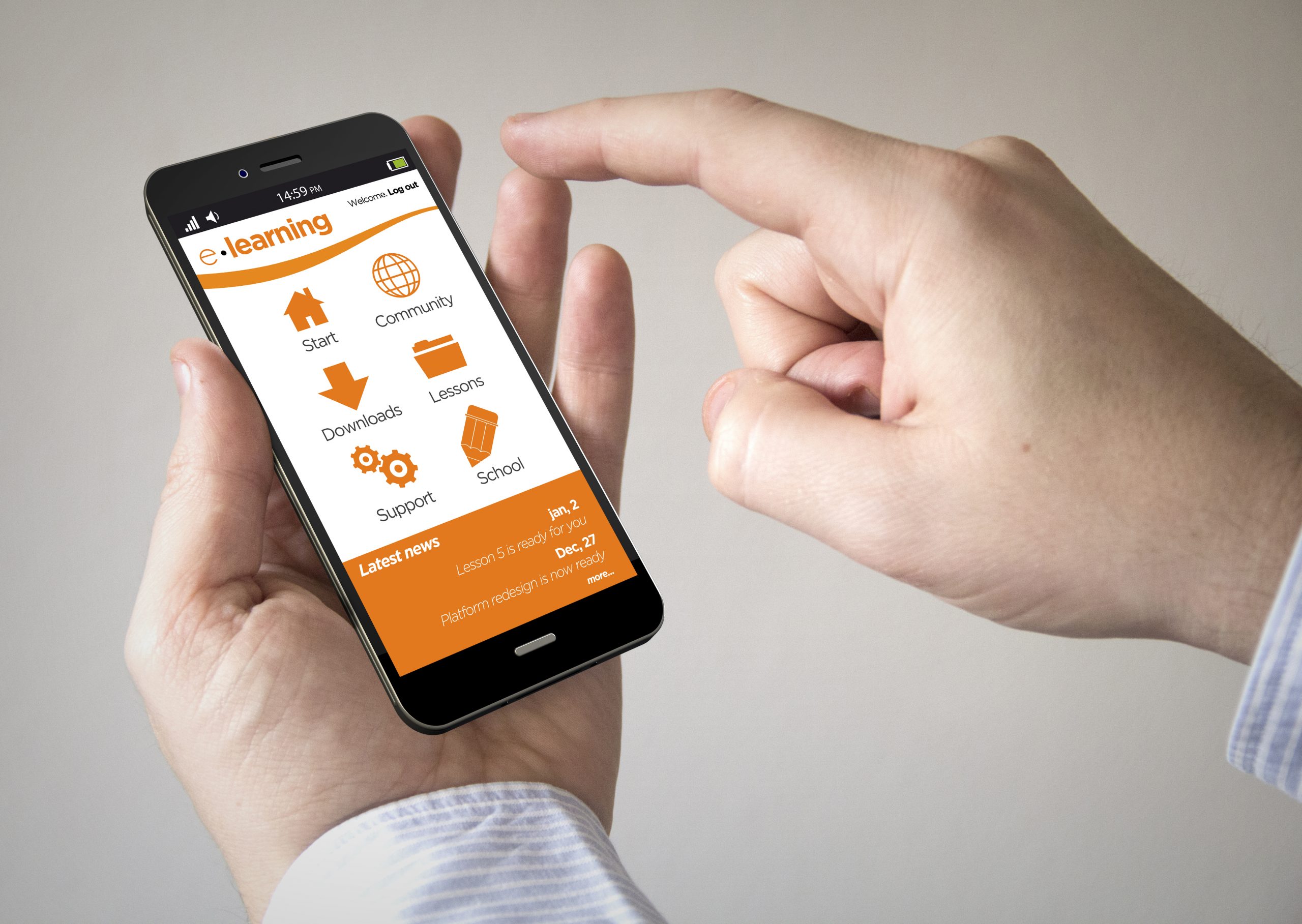
What are the Benefits of Mobile Learning?
In the world of skilled trades, where every tool and technique matters, learning is changing fast. Mobile technology is leading this change. With the advent of mobile technology, learning is no longer confined to the walls of a classroom or workshop. Mobile learning, also called m-learning, is a new way of learning on phones and tablets. It’s making a big difference in how people learn skills for jobs. Let’s explore how this exciting approach is making learning easier for everyone involved.
Accessibility Anytime, Anywhere:
One of the most significant advantages of mobile learning in Skilled Trades Education is its inherent flexibility. Learners are no longer bound by rigid schedules or physical locations. With mobile devices such as smartphones and tablets, they can access learning materials and resources anytime, anywhere. Whether it’s reviewing course materials during a break on the job site or studying for an upcoming certification exam during a commute, mobile learning empowers learners to take control of their education on their terms.
Engaging Multimedia Content:
Mobile learning platforms leverage multimedia elements such as videos, interactive simulations, and animations to deliver engaging and immersive learning experiences. For skilled trades education, this means learners can visualize complex concepts, observe practical demonstrations, and simulate hands-on tasks—all from the palm of their hand. The dynamic nature of multimedia content not only enhances comprehension but also caters to different learning styles, making education more inclusive and effective.
Real-Time Updates and Feedback:
In the ever-evolving landscape of skilled trades, staying updated with the latest industry standards and practices is crucial. Mobile learning platforms enable real-time updates to course materials, ensuring that learners have access to the most current information. Additionally, features such as instant quizzes and assessments provide learners with immediate feedback on their progress, allowing them to identify areas for improvement and take corrective action promptly. This continuous feedback loop fosters a culture of lifelong learning and skill development.
Personalized Learning Paths:
Every learner is unique, with distinct strengths, weaknesses, and learning preferences. Mobile learning platforms employ adaptive algorithms and data analytics to personalize learning paths for each individual. By analyzing learner behavior, performance, and preferences, these platforms can recommend tailored content, activities, and assessments that align with the learner’s goals and proficiency level. This personalized approach not only maximizes learning outcomes but also enhances learner engagement and motivation.
Collaboration and Community Building:
Despite the solitary nature of mobile learning, it also fosters collaboration and community building among learners. Discussion forums, chat rooms, and social media integration enable learners to connect with peers, mentors, and industry experts from around the globe. Through collaborative projects, peer-to-peer learning, and knowledge sharing, learners can expand their networks, gain insights from diverse perspectives, and cultivate a sense of camaraderie within the skilled trades community. This sense of belonging not only enhances the learning experience but also lays the foundation for lifelong professional relationships.
Cost-Effectiveness and Sustainability:
Traditional forms of education often entail significant costs associated with textbooks, materials, and infrastructure. Mobile learning offers a cost-effective alternative, as it eliminates the need for printed materials and reduces overhead expenses. By leveraging digital resources and cloud-based platforms, educators can deliver high-quality content to a wider audience at a fraction of the cost. Moreover, mobile learning contributes to environmental sustainability by reducing paper usage and carbon footprint associated with traditional learning methods.
In conclusion, mobile learning is revolutionizing skilled trades education, making it more accessible, engaging, and tailored to individual needs. With its flexible approach, rich multimedia content, real-time updates, and collaborative features, mobile learning is empowering learners to thrive in the dynamic world of skilled trades. To experience the benefits of mobile learning firsthand and accelerate your journey to success in skilled trades, visit XLR8ed Learning’s website at https://xlr8edlearning.ca/ and start your transformative learning journey today.



